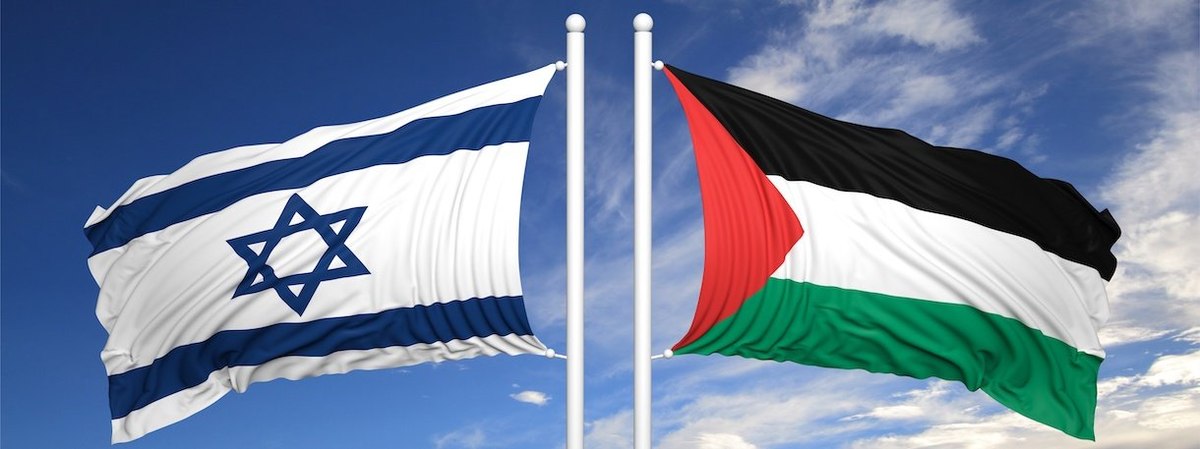1. Gandhi can be seen as the patron saint of multiculturalism — he believed no single culture can exhaust all human potential.”
| Syllabus: General Studies – IV: Contributions of Moral Thinkers and Philosophers from India and World. |
IN NEWS: ‘Mahatma Gandhi’s method remains profoundly relevant today’
Mahatma Gandhi’s ethical philosophy goes beyond political freedom; it envisions a moral world order based on truth (Satya), non-violence (Ahimsa), and respect for all faiths (Sarva Dharma Sambhava). His worldview embodies the essence of multiculturalism — the belief that diverse cultures collectively enrich human civilization.
Gandhi’s Idea of Multiculturalism
1. Truth as Plural: Gandhi held that truth is multifaceted (Anekantavada influence from Jainism). Every culture expresses only a part of it.
2. Interdependence of Cultures: Cultures grow through dialogue and exchange, not isolation.
3. Mutual Learning: He believed societies must learn from each other to realize fuller human potential.
4. Respect, Not Superiority: No culture is higher or lower; all contribute to human progress.
Ethical Foundations
1. Ahimsa (Non-violence): Promotes peaceful coexistence and empathy toward other traditions.
2. Satya (Truth): Encourages self-reflection and acceptance of different viewpoints.
3. Sarva Dharma Sambhava: Upholds equal respect for all faiths, going beyond mere tolerance.
4. Reason and Morality: Cultural practices must pass the test of justice and human dignity.
Practical Illustration
- Gandhi’s conduct during communal tensions and his inclusive approach to all religions reflected his multicultural ethics in action.
- His statement — “I want the cultures of all lands to blow about my house as freely as possible” — captures his openness to diversity.
Contemporary Relevance
1. Rising cultural polarization and identity politics make Gandhian thought deeply relevant.
2. His principles guide inclusive policymaking and global cooperation.
3. Promote harmony through moral dialogue rather than coercion or uniformity.
Gandhi’s multiculturalism is not cultural relativism but a moral partnership among civilizations. By recognising the limits of one’s own truth and learning from others, humanity can move closer to harmony, justice, and peace.
| PYQ REFERENCE (UPSC 2018) Q. What does this quotation mean to you in the present context: Anger and intolerance are the enemies of correct understanding. “ _ Mahatma Gandhi. (150 words) |
2. Israel’s current military supremacy in West Asia masks deep structural, demographic, and diplomatic vulnerabilities that make its regional hegemony unsustainable.” Discuss in the light of recent developments in the Israel–Palestine conflict.
| Syllabus: General Studies – II: Bilateral, Regional and Global Groupings and Agreements involving India and/or affecting India’s interests. |
IN NEWS: Indicators of Israel’s unsustainable hegemony
Israel’s recent military victories — the decimation of Hamas in Gaza, weakening of Hezbollah, and neutralisation of Iran’s nuclear capabilities — have reinforced its image as the dominant military power in West Asia. However, beneath this apparent hegemony lie deep structural, demographic, and diplomatic vulnerabilities that threaten its long-term sustainability.
Demographic and Structural Constraints
- Binational Reality: Within Greater Israel, Jews and Palestinians are almost equal in number, creating tension between being a Jewish and democratic state.
- Democracy vs. Apartheid Dilemma: Equal rights would end the Zionist vision of a Jewish state; denying them sustains an apartheid-like image.
- Internal Polarisation: Religious-secular, and Jewish-Arab divides erode social cohesion and national consensus.
Diplomatic Vulnerabilities
- Erosion of Arab Support: The humanitarian catastrophe in Gaza has alienated Gulf states, derailing momentum from the Abraham Accords.
- Regional Distrust: Attempts such as the Doha bombing strained ties even with erstwhile partners like Qatar.
- Loss of Moral Legitimacy: Atrocities in Gaza have intensified global condemnation and isolation in international forums.
Shifting Global and U.S. Opinion
- American Public Discontent: Growing criticism among U.S. citizens and Jewish communities weakens Israel’s most vital external support.
- Strategic Dependence: Military superiority relies heavily on U.S. aid and diplomatic cover — both now under scrutiny.
Israel’s dominance, built on coercive power rather than inclusive legitimacy, is inherently fragile. True regional stability requires addressing Palestinian aspirations and restoring moral credibility through dialogue and justice.
| PYQ REFERENCE (UPSC 2017) Q. The question of India’s Energy Security constitutes the most important part of India’s economic progress. Analyze India’s energy policy cooperation with West Asian Countries. |

